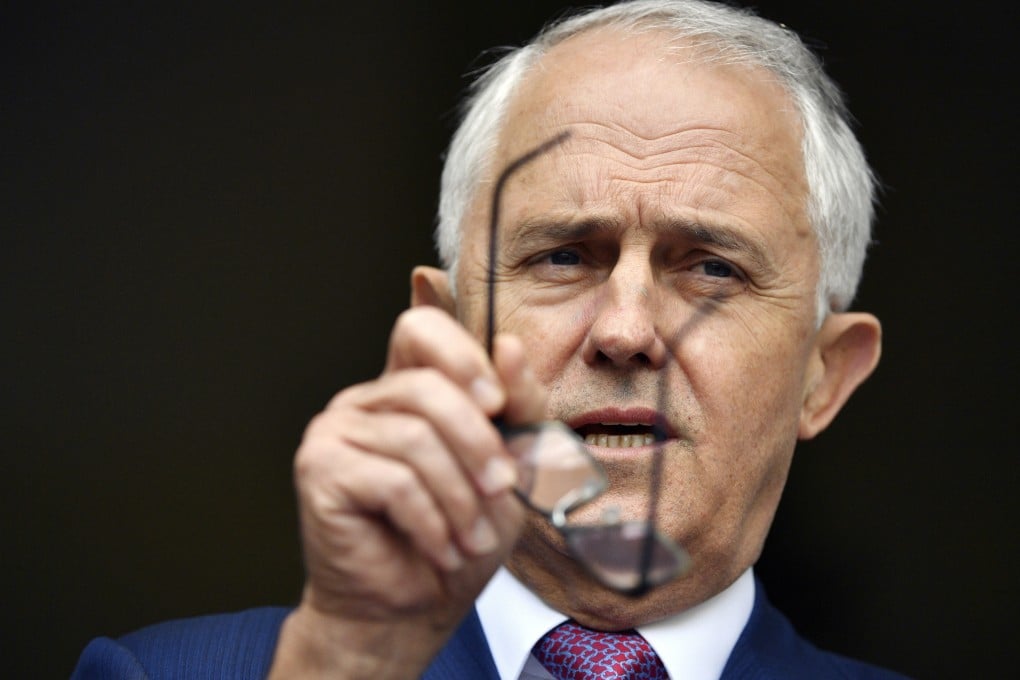Opinion | What can Singapore learn from Australia’s foreign interference countermeasures?
- Australia has three pieces of legislation to curb foreign interference, but has found it difficult to investigate and even more challenging to prosecute
- Singapore’s proposed law goes further than Australia’s by including provisions covering social media

This means Australia has not dealt with a huge grey area in its attempts to curb foreign influence in its political process, whereas the proposed Singapore legislation has social media firmly in its sights.
Australia’s foreign interference legislation, drafted under the Malcolm Turnbull administration in 2017-18, includes three discrete pieces of legislation aimed at providing governments of the day with laws to regulate, criminalise and deter attempts to interfere in the country’s political process.
These include the National Security Legislation Amendment (Espionage and Foreign Interference) Act 2018, which contains amendments to Australia’s Federal Criminal Code to incorporate new national security offences, and the Foreign Influence Transparency Scheme Act 2018, which establishes a register for those undertaking communications activities on behalf of foreign interests.
A third tranche, known as the Electoral Legislation Amendment (Electoral Funding and Disclosure Reform) Bill 2018, is designed primarily to outlaw foreign political donations. This was passed into law with significant amendments to protect charitable organisations involved in the political process.
